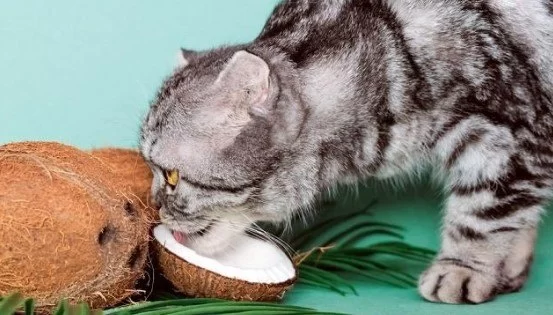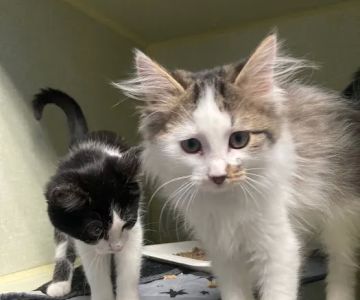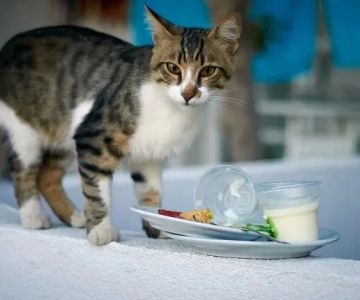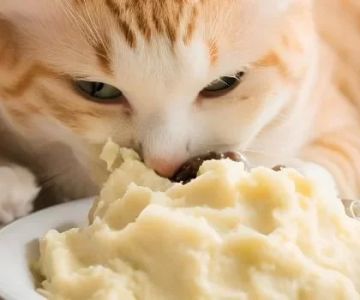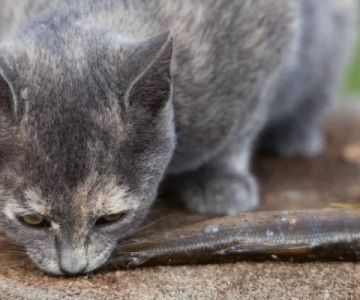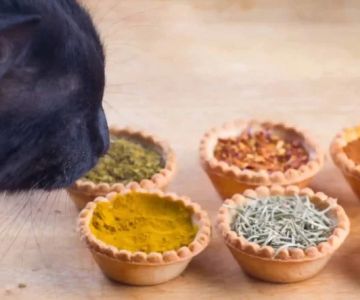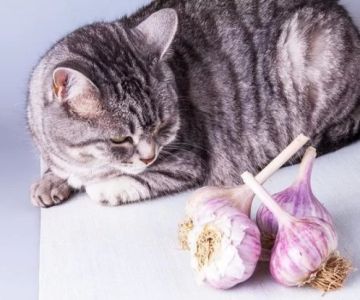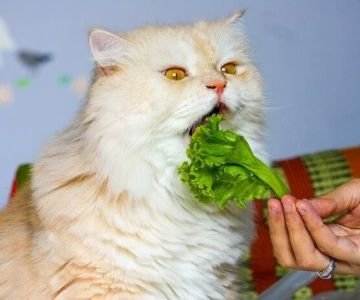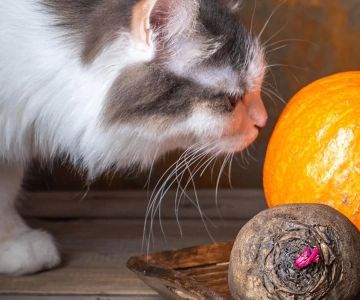- #can-cats-eat-coconut - Can Cats Eat Coconut Meat?
- #coconut-benefits-for-cats - Health Benefits of Coconut Meat for Cats
- #coconut-risks-for-cats - Risks of Feeding Coconut Meat to Cats
- #pet-care - Safe Feeding Tips for Your Feline
Can Cats Eat Coconut Meat?
Coconut meat, or the white, edible flesh found inside the coconut, is a popular food item for humans, but can it also be safe and beneficial for cats? As pet owners, we often look for ways to treat our cats with healthy snacks that complement their regular diet. Coconut meat has some nutritional benefits, but it’s important to know how to offer it safely to your feline companion. In this article, we’ll explore whether coconut meat is a good choice for your cat and how to feed it appropriately.
Health Benefits of Coconut Meat for Cats
Coconut meat contains a variety of nutrients that can be beneficial for your cat when given in moderation. Some of the main benefits include:
- Rich in Healthy Fats: Coconut meat is packed with medium-chain triglycerides (MCTs), which are a type of healthy fat that can provide an energy boost for your cat.
- High in Fiber: Fiber in coconut meat can aid in digestion, helping to prevent constipation and promote healthy bowel movements for cats.
- Antioxidant Properties: Coconut contains antioxidants, which can help support your cat’s immune system and protect against cellular damage from free radicals.
- Supports Skin and Coat Health: The natural oils found in coconut meat can help promote healthy skin and a shiny coat for your cat, improving its appearance and overall well-being.
1. Moderate Use of Coconut Meat
While coconut meat can offer health benefits, it’s important to remember that it should only be given to cats in moderation. Too much coconut can lead to an upset stomach, diarrhea, or unwanted weight gain due to its high-fat content. Always keep in mind that a balanced diet, with appropriate portions of protein and fat, is essential for your cat’s health.
2. How to Serve Coconut Meat to Your Cat
If you decide to offer your cat coconut meat, ensure you do so safely. Here’s how to serve it:
- Remove the Shell: Never offer coconut directly from the shell, as the hard shell can pose a choking hazard. Only give your cat the soft, white meat.
- Cut it into Small Pieces: Cats can be picky eaters, and small, manageable pieces of coconut meat will make it easier for them to eat and digest.
- Limit Frequency: Coconut should be a treat, not a staple. Offer it occasionally to avoid overfeeding. A small amount once or twice a week is sufficient.
Risks of Feeding Coconut Meat to Cats
Despite its many benefits, there are some risks involved with feeding coconut meat to cats. Understanding these risks is crucial to ensuring the health and safety of your pet:
- High Fat Content: Coconut meat is high in fat, which can lead to digestive upset and even pancreatitis in cats if overfed. It’s important to balance coconut treats with other foods to avoid excessive fat intake.
- Potential Allergies: Just like humans, cats can be allergic to certain foods, including coconut. Always monitor your cat after introducing coconut to their diet for any signs of allergies, such as itching, swelling, or gastrointestinal issues.
- Too Much Fiber: While fiber can help with digestion, too much of it can cause gastrointestinal problems, such as bloating or diarrhea. Limit the amount of coconut meat you offer to avoid these issues.
1. What to Do if Your Cat Shows Signs of Discomfort
If your cat shows any signs of digestive discomfort, such as vomiting, diarrhea, or lethargy after eating coconut meat, stop feeding it immediately and consult your veterinarian. They can assess whether the symptoms are related to the coconut or another underlying health issue.
2. Alternatives to Coconut Meat
If you’re concerned about the potential risks of feeding coconut meat to your cat, there are plenty of other healthy, cat-safe treats available. Consider offering small amounts of fresh vegetables like carrots or green beans, or cat-friendly fruits like blueberries. Always ensure that the treats you give your cat are appropriate for their dietary needs.
Pet Care Tips for a Balanced Diet
As a responsible pet owner, it's essential to provide a balanced and healthy diet for your cat. Offering treats like coconut meat is fine in moderation, but always prioritize your cat’s nutritional needs. Your cat's primary food should consist of high-quality protein sources, such as chicken, beef, or fish. Ensure that you’re also providing fresh water and engaging your cat in physical and mental exercises to keep them healthy and happy.
If you’re ever unsure about what foods are safe for your cat, or need help finding high-quality treats and food options, visit Hidden Brook Veterinary for expert advice and the best products for your furry friend.

